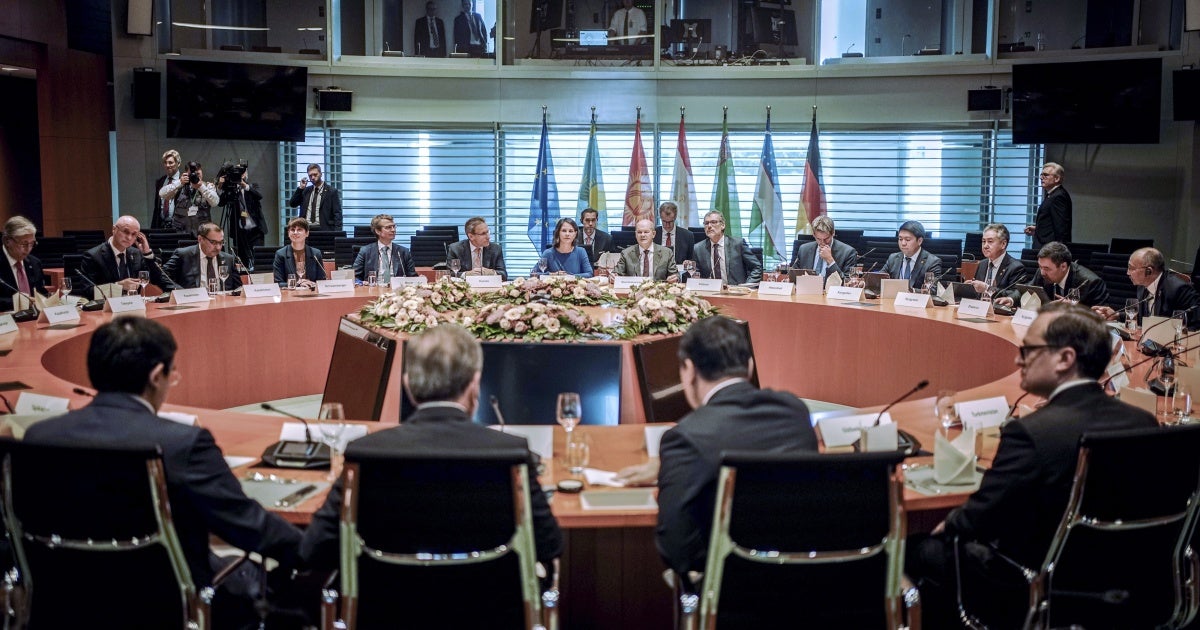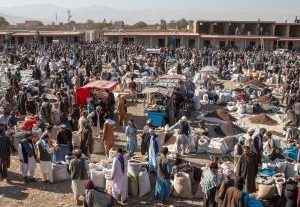Introduction
In the wake of a deepening political crisis, German Chancellor Olaf Scholz has appointed a new finance minister following the collapse of his ruling coalition government. This reshuffling comes as tensions rise within the three-party coalition, which has struggled to maintain unity over key issues ranging from economic policy to climate change. Amid the uncertainty, opposition parties are calling for an early vote of no confidence in the government, further adding to the political turmoil in Berlin.
1. The Collapse of the Coalition
Germany’s coalition government, which includes Scholz’s Social Democratic Party (SPD), the Greens, and the Free Democratic Party (FDP), has been in a state of disarray in recent months. The discord between the parties, particularly over the country’s economic recovery plan and the management of climate policies, has intensified since the start of 2024. The rift deepened following disagreements on how to balance sustainability goals with the country’s need for economic growth, as well as disputes over the pace of tax reforms and budgetary allocations.
The coalition’s difficulties culminated in a breakdown that has left the government grappling with questions of leadership, policy direction, and public trust.
2. Scholz’s Response: Appointing a New Finance Minister
In an attempt to restore some semblance of stability within the government, Chancellor Olaf Scholz has appointed Claudia Müller as Germany’s new Finance Minister. Claudia Müller, a member of the Social Democratic Party (SPD), is a seasoned politician with a strong background in economic and fiscal policy. She has served in several key roles within the SPD, including as the SPD’s deputy economic spokeswoman in the Bundestag (German parliament). Her expertise in fiscal management, coupled with her advocacy for sustainable economic growth, makes her a fitting choice for the role during these challenging times.
Müller’s appointment signals a potential shift toward a more balanced economic strategy that seeks to combine Germany’s fiscal discipline with the pressing need for investment in green technologies and the transition to renewable energy. As a member of the SPD, she is expected to work closely with Chancellor Scholz to stabilize the coalition, but her appointment is likely to draw scrutiny from the Greens, who have been pushing for more aggressive environmental policies.
Müller’s experience in financial oversight and her deep understanding of the EU’s fiscal framework are expected to be key assets as Germany faces a volatile economic environment, particularly with the post-pandemic recovery and ongoing challenges from the energy crisis.
3. Rising Opposition Calls for No Confidence Vote
As the government grapples with internal divisions, opposition parties are seizing the opportunity to challenge Scholz’s leadership. Several opposition leaders have called for an early vote of no confidence, arguing that the Scholz-led coalition has become dysfunctional and unable to govern effectively. The opposition, particularly from the Christian Democratic Union (CDU) and Alternative for Germany (AfD), has criticized the government’s inability to deliver on its promises of economic reforms, climate action, and social justice.
A vote of no confidence would force a new election or potentially lead to a shift in the government, further destabilizing the already fragile political landscape in Germany. The timing of such a vote remains uncertain, but the growing political discontent is raising alarm across Europe, especially as Germany is Europe’s largest economy and a cornerstone of the EU’s stability.
4. Impact on Germany’s Economy and EU Relations
The coalition collapse and the political infighting within the government come at a particularly precarious time for Germany’s economic recovery. The country is still reeling from the economic impacts of the COVID-19 pandemic and is facing mounting pressure to tackle energy security in the wake of Russia’s invasion of Ukraine. Scholz’s government has struggled to maintain fiscal discipline while responding to calls for more investment in green technologies, job creation, and the stabilization of energy markets.
Germany’s position within the European Union could also be affected by this instability. As one of the EU’s most influential countries, Germany’s internal politics often shape the broader European economic and political landscape. A prolonged crisis could undermine Germany’s ability to lead discussions on issues such as the EU’s climate agenda, trade policy, and its role in the ongoing conflict in Ukraine.
5. The Road Ahead: Uncertain Times for Scholz’s Government
With the appointment of Claudia Müller and the looming threat of a no-confidence vote, the future of Scholz’s government remains in flux. The SPD faces mounting challenges to maintain the support of its coalition partners and secure a stable political environment that can address Germany’s pressing economic and geopolitical issues.
The coming months will likely see intense political battles, not only over leadership but also on the fundamental direction of Germany’s economic and environmental policies. As the crisis within the coalition deepens, the world will be watching closely to see whether Scholz can find a way to unite the fractured coalition or whether the government will collapse entirely, potentially triggering fresh elections and a reordering of the political landscape.
Conclusion: A Test for Scholz’s Leadership
As Germany faces one of its most significant political crises in recent years, Chancellor Scholz’s ability to navigate these challenges and maintain control over his fractured coalition will be critical. The appointment of Claudia Müller as finance minister reflects a strategic attempt to regain political stability, but whether this will suffice to quell the mounting discontent remains uncertain. With calls for a no-confidence vote growing louder and opposition parties pushing for an early election, Germany’s political future is now at a crossroads.
References:
- McKinsey & Company – The Role of Power in Unlocking the European AI Revolution
- Deutsche Welle
- Reuters



